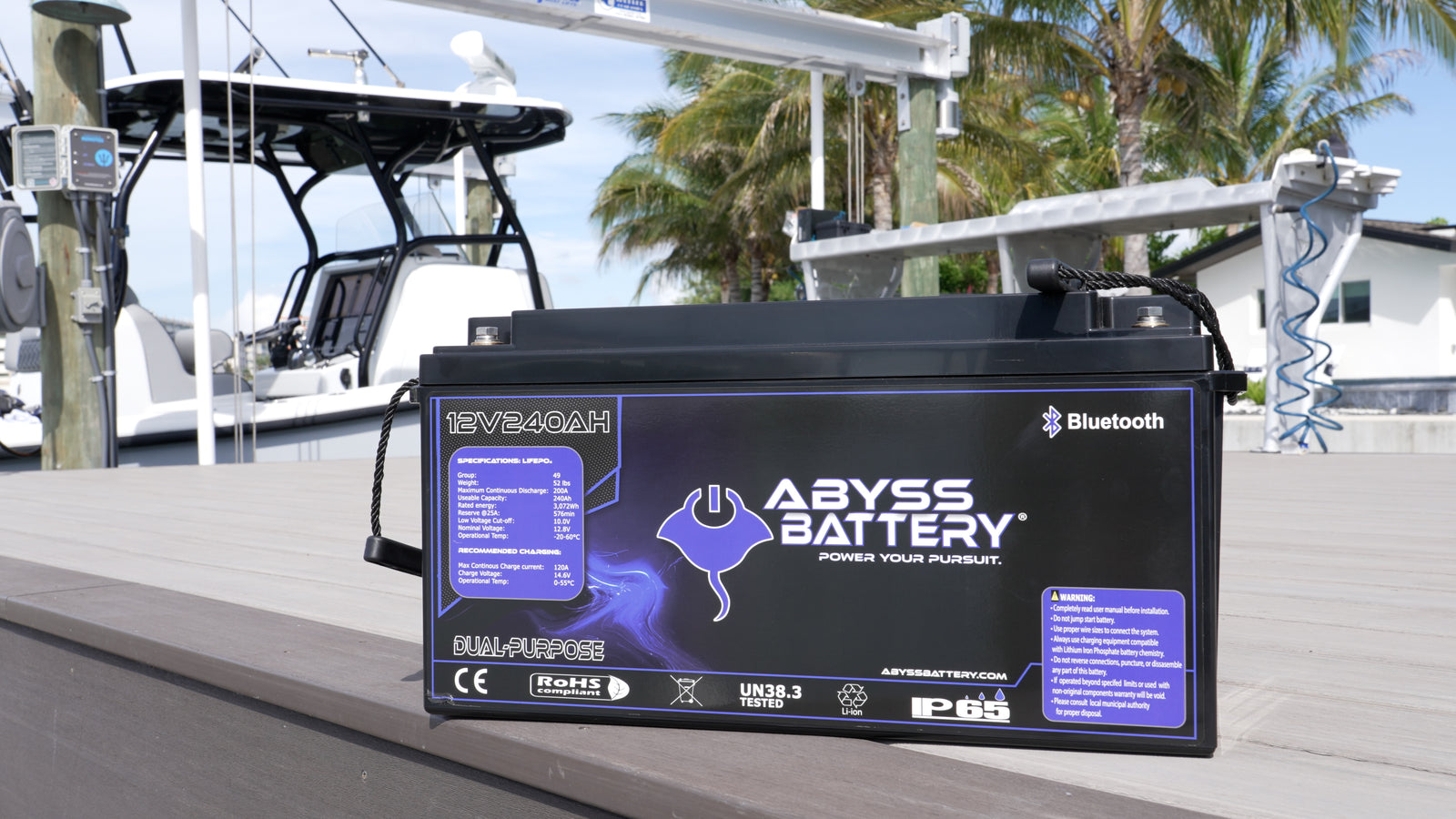Dual-Purpose vs. Single-Purpose Batteries: Which Is Best?

With the burgeoning market for rechargeable batteries, the debate between dual-purpose (rechargeable) and single-purpose (non-rechargeable) batteries is as heated as ever. Are the environmentally friendly perks of a rechargeable battery worth the initial cost, or is the convenience and longevity of a single-use cell still the smarter choice? As we explore the attributes of dual-purpose vs. single-purpose batteries, it will become clear that which is best depends on the specific needs and values of the user.
Performance
Rechargeable batteries have made significant strides in terms of capacity and consistency. Modern nickel-metal hydride (NiMH) and lithium-ion (Li-ion) rechargeables provide high energy densities and relatively low self-discharge rates, making them viable alternatives for the most demanding applications. On the flip side, single-use batteries are known for holding their charge for long periods, unaffected by the self-discharge rates that can plague some rechargeables. This long shelf-life makes them the go-to choice for devices that see infrequent use or long periods of storage.
Convenience
There's no denying the convenience of single-use batteries. They come pre-charged and ready to use straight out of the package, unlike rechargeables, which typically require an initial charge and may lose some charge while sitting on the shelf. However, rechargeables could be the perfect fit for those who appreciate always having a charged battery at hand. Chargers are now more advanced than ever, with fast-charging capabilities and the ability to charge multiple battery sizes, offering users a quick turnaround and minimal downtime.
Environmental Impact
Rechargeable batteries boast a clear advantage in terms of eco-friendliness. With the ability to be re-energized hundreds, if not thousands, of times, these batteries significantly reduce the waste generated by single-use cells. As landfills continue to overflow with electronic waste, choosing rechargeable batteries can be a small yet meaningful step toward a cleaner planet. Furthermore, over time, the savings from using rechargeables can be substantial, making them an attractive choice for cost-conscious consumers.
Personal Needs
Ultimately, the choice between single-use and rechargeable batteries comes down to the user's priorities and habits. For some, the higher cost of rechargeables is nothing compared to the sense of environmental responsibility and long-term savings they provide. For others, the assurance of a single-use battery's shelf life and the convenience of immediate use are non-negotiable. If you're still unsure, low-self-discharge NiMH batteries can be an excellent bridge for those uncertain about committing fully to rechargeable batteries.
The Power of Choice
In the end, both battery types have their place in our diverse technological ecosystem. The ideal scenario is one where consumers are empowered with the information to make choices that align with their values and lifestyle needs. Whether you need a single-purpose troller or a 12v dual-purpose marine battery, the choice is just one of many you’ll have to make regarding your lifestyle and preferences.
What’s the Verdict?
There is no blanket verdict on which battery type is unequivocally superior. When looking at dual-purpose vs. single-purpose batteries and which is best for you, it's clear that both have their strengths and weaknesses across various areas. As a consumer, knowledge is power. Educate yourself about the true costs and benefits of your battery choices, and you can power your devices and ensure they stay running as long as needed.


Leave a comment